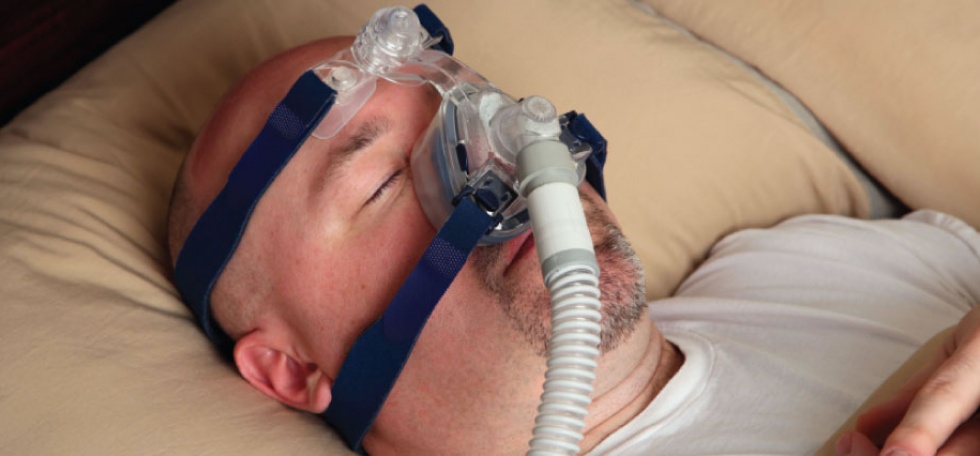Sleep Apnea
Issue
A recent Canadian Public Health Agency survey indicates that 26% of adults are at high risk for sleep apnea. This leads to an estimate of up to 290,000 Saskatchewan people who should be tested for sleep apnea. Saskatchewan does not currently have sufficient capacity to address this load. Waiting lists for overnight testing in a sleep lab are several weeks to up to 2 years. Although untreated sleep apnea has very serious consequences, including an increased risk of death, awareness of sleep apnea remains low. With the growing obesity epidemic there is a corresponding increase in sleep apnea. People with sleep apnea are more likely to have strokes, heart disease, diabetes, irregular heartbeat, vehicle accidents, and depression.
Lung Association Actions
The Lung Association provides patient support groups, newsletters and many on-line resources including the sleep apnea handbook. A respiratory therapist on staff provides expert consultation to sleep apnea patients and their family members.
The Lung Association promoted the establishment of the two Sleep Disorders Centres in the province and the provision of CPAP (continuous positive airway pressure) treatment for sleep apnea patients through the Saskatchewan Ministry of Health. The Lung Association continues to lobby for expansion of this program.
The Lung Association provides a Sleep Apnea Professorship at the University of Saskatchewan to promote research on sleep apnea and to retain a sleep specialist in the province. The Lung Association provided funding for the Director of the Regina Sleep Disorders Centre to train in sleep apnea prior to the opening of the centre.
The Lung Association conducted a study of home testing for sleep apnea in collaboration with the Saskatoon Sleep Disorders Centre. The Lung Association successfully demonstrated the feasibility and effectiveness of such testing which convinced the Saskatchewan Ministry of Health to provide ongoing funding to the Saskatoon Health Region to provide this service, which is now called SleepWell.
The Lung Association through its medical section, the Canadian Thoracic Society, produces the Canadian guidelines for the diagnosis and management of sleep apnea.

